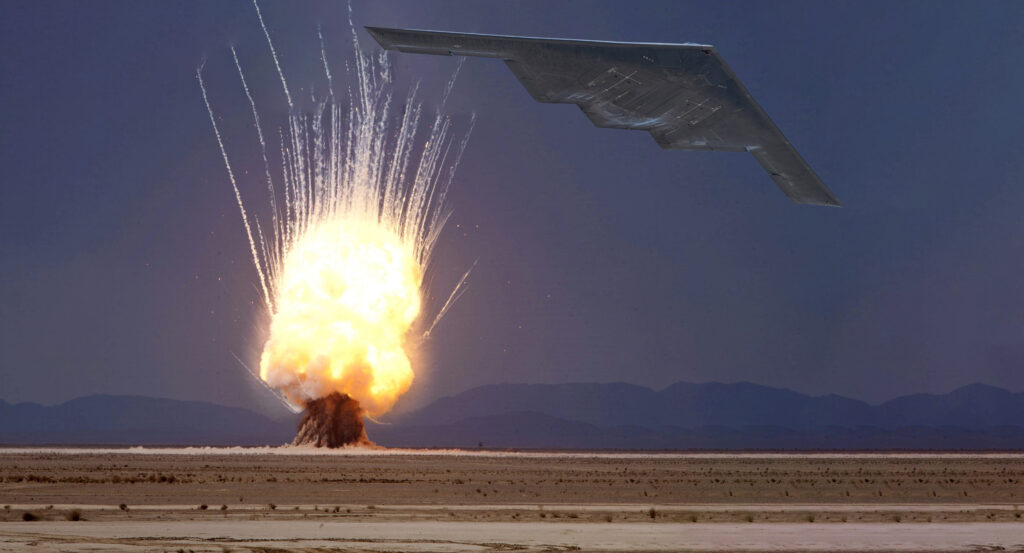America’s Kurdish partners are under attack by Iran and Turkey
- By Steve Balestrieri
Share This Article
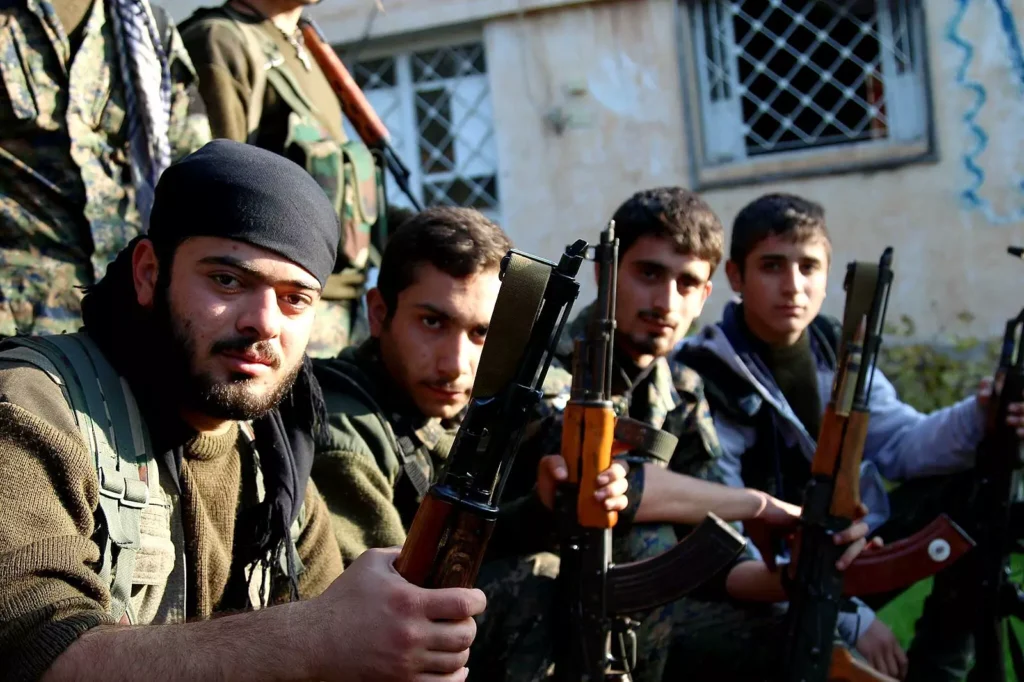
In the Middle East, sometimes common interests can make for strange bedfellows. Iran and Turkey have been attacking the Kurdish people in Syria and Iraq for different reasons. Both want the U.S. out of Syria and Iraq, and both claim that the Kurds are fueling terror groups inside their countries.
This puts the U.S. troops in Syria in harm’s way. The latest bombing of Kurds in Syria by Turkey, a NATO member and U.S. ally, was close to American troops.
The Turks accused the terrorist group PKK (Kurdistan Workers Party) of a deadly bombing in Istanbul earlier in November and commenced the attacks in response.
The U.S. has partnered with the Syrian Democratic Forces (SDF) largely responsible for evicting most of ISIS from the region. The SDF is part of the People’s Protection Units (YPG) which Ankara believes is part of the PKK. The U.S. denies this much to the fury of the Turks.
The Iranian and Turkish policies on the Kurds

Iranian Kurds have long sought refuge in Iraq from persecution by religious mullahs in Iran. (Tehran recently blamed the Kurds for the ongoing protests in the country instead of its own draconian policies.)
The IRGC (Islamic Revolutionary Guard Corps) has launched over 100 missile and drone attacks on Kurdish people in Iraq. They have warned the semi-autonomous KRG (Kurdistan Regional Government) to stop arming Kurdish fighters. BG Esmail Ghaani, who commands the Quds Force, the overseas wing of the IRGC, threatened a ground invasion within 10 days should Baghdad refuse to disarm the Kurds and boost Iraq’s border security.
The Turkish government has an even more far-reaching and bloody plan for the Syrian-Turkish border. It is launching airstrikes on the Kurds and threatening another invasion of Syria. The Syrian Democratic Forces (SDF), which are mostly comprised of Kurds, said that the bombings will not go unpunished.
The Turks are also targeting Yazidis, Christians, and other minority groups in the region. Ankara wants to create a buffer zone by ethnically cleansing the Turkish-Syrian border of Kurds and all those groups and to move in Arabs that fled to Turkey during the Syrian Civil War and who currently reside in Turkish refugee camps.
Turkish aircraft launched dozens of airstrikes on Sunday, renewing their attacks on Kurdish areas outside of Aleppo and inside Iraq.
Both Tehran and Ankara support the terrorist group Hamas. But there remains another regional power involved with the situation.
Related: What is Israel’s Iron Dome and how does it work?
Israel’s role in the region

Israel will also have something to say about what transpires in the region. Israel’s long-held policy is to forcefully evict any Iranian presence on its borders. But Tehran used the Syrian Civil War to its advantage.
It has been steadily for years trying to get a foothold in Syria and Lebanon in order to threaten Israeli security. Israel has conducted hundreds of airstrikes on Syrian territory targeting IRGC troop concentrations, weapons manufacturing facilities, and warehouses.
Iran hasn’t released the number of casualties in these airstrikes, but the number is believed to be high.
The Israelis have placed agents in places where the Iranians have established a presence. Last week, in the Syrian city of Sayyidah Zaynab, Col. Daoud Jafari, an Iranian Air Force senior adviser to Syria, was killed in a car bombing attack. The attackers were able to infiltrate the Iranian-controlled area and plant a bomb under his vehicle.
Another Iranian, Ayoub Waitari, who helped build missiles and drones for the IRGC, was assassinated by deliberate food poisoning.
This was a message from Tel Aviv that it is able to build and deploy “sleeper cells” right under the noses of Iranian security and assassinate senior military leaders if Tehran continues with its objectives in Syria and Lebanon. And as long as Tehran continues its course, Syria will have no peace.
Steve Balestrieri is a proven military analyst. He served as a U.S. Army Special Forces NCO and Warrant Officer in the 7th Special Forces Group. In addition to writing for Sandboxx.com, he has written for 19fortyfive.com and SOFREP.com; he has covered the NFL for PatsFans.com for over 11 years. His work was regularly featured in the Millbury-Sutton Chronicle and Grafton News newspapers in Massachusetts.
Feature Image: Kurdish YPG fighters in 2015. (Wikimedia Commons via Kurdishstruggle)
Read more from Sandboxx News
- The small Special Forces base in al-Tanf, Syria has large implications for regional security
- Does Iran have a stealth fighter? They wanted you to think so
- By using Iranian Shahed-136 drones is Russia admitting that its defense industry can’t keep up?
- Al-Shabaab is still a threat to the US
- The true story behind why Iran had F-14s for Maverick to steal in Top Gun
Related Posts
Steve Balestrieri
Related to: Military Affairs
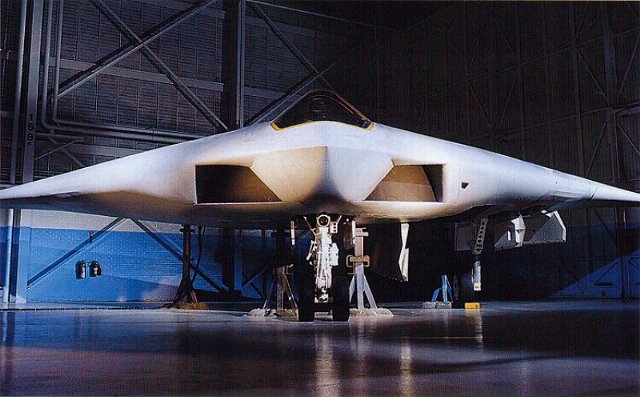
The A-12 Avenger II would’ve been America’s first real ‘stealth fighter’
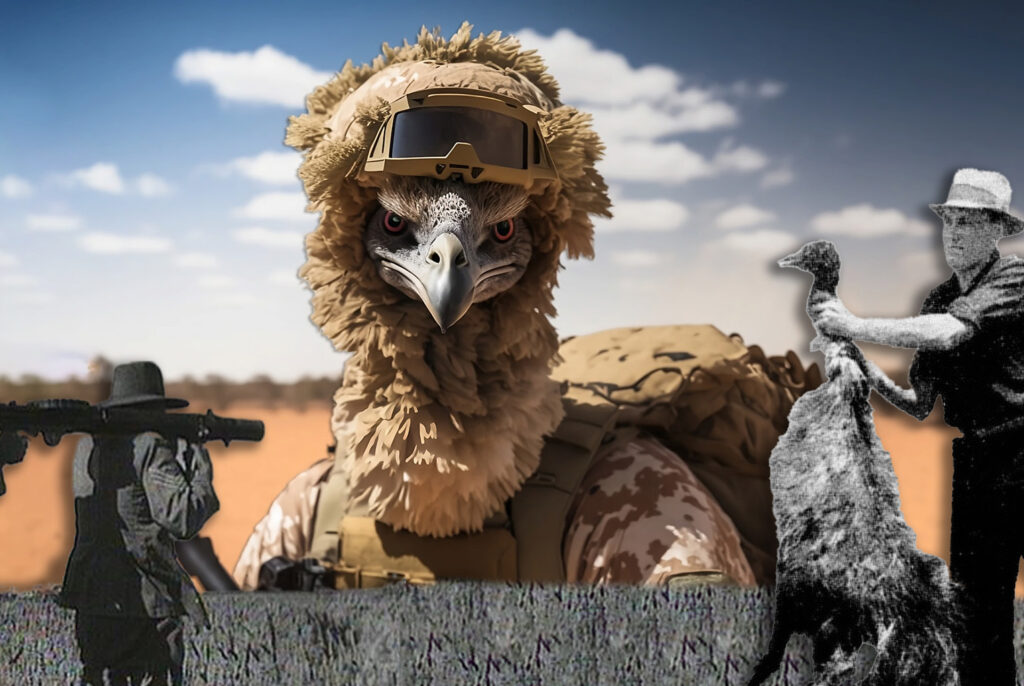
No, Australia never lost the ‘Great Emu War’ of 1932
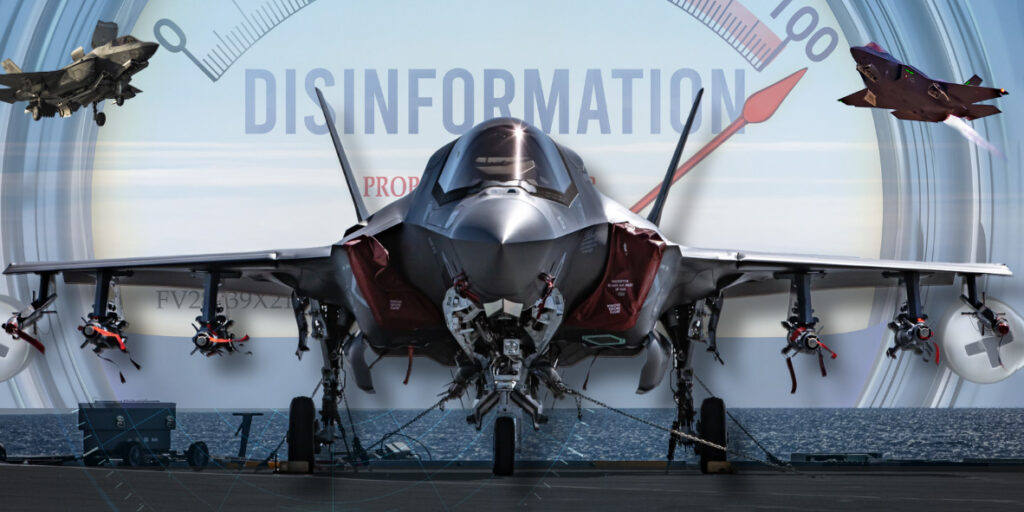
Why media coverage of the F-35 repeatedly misses the mark
